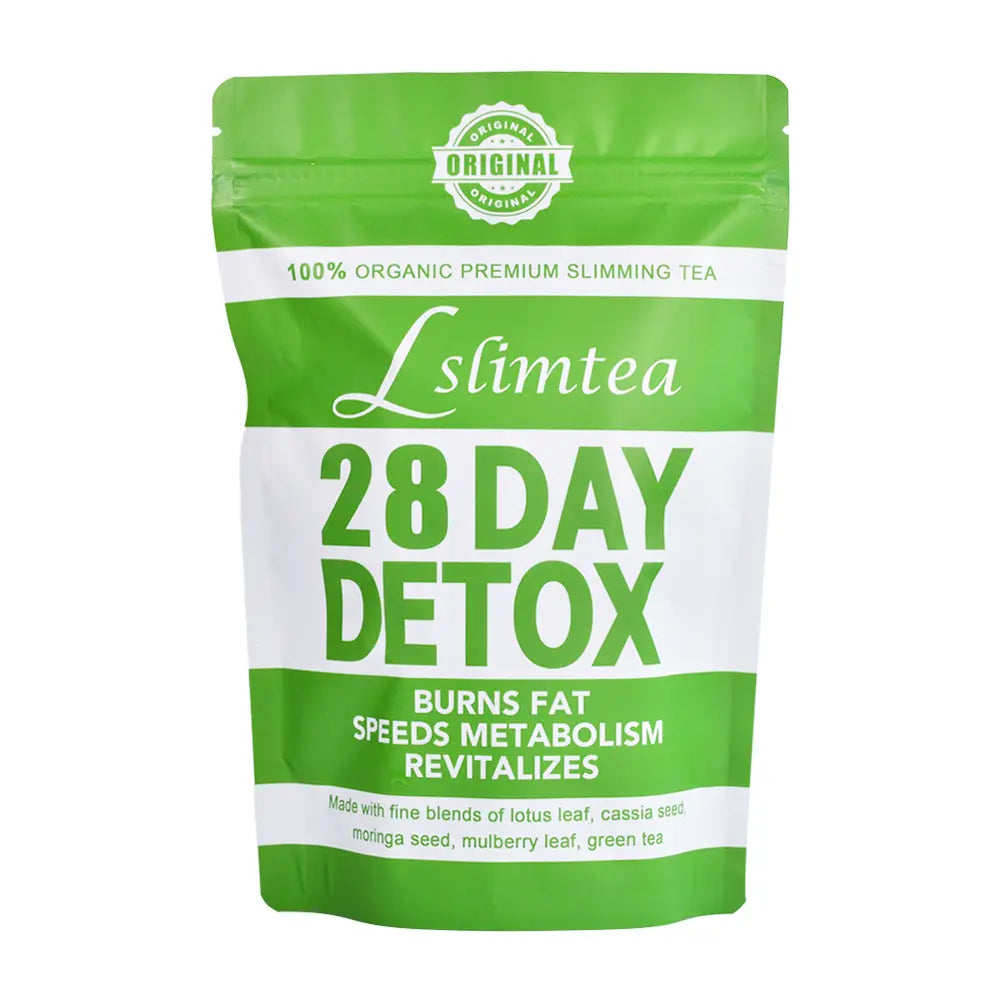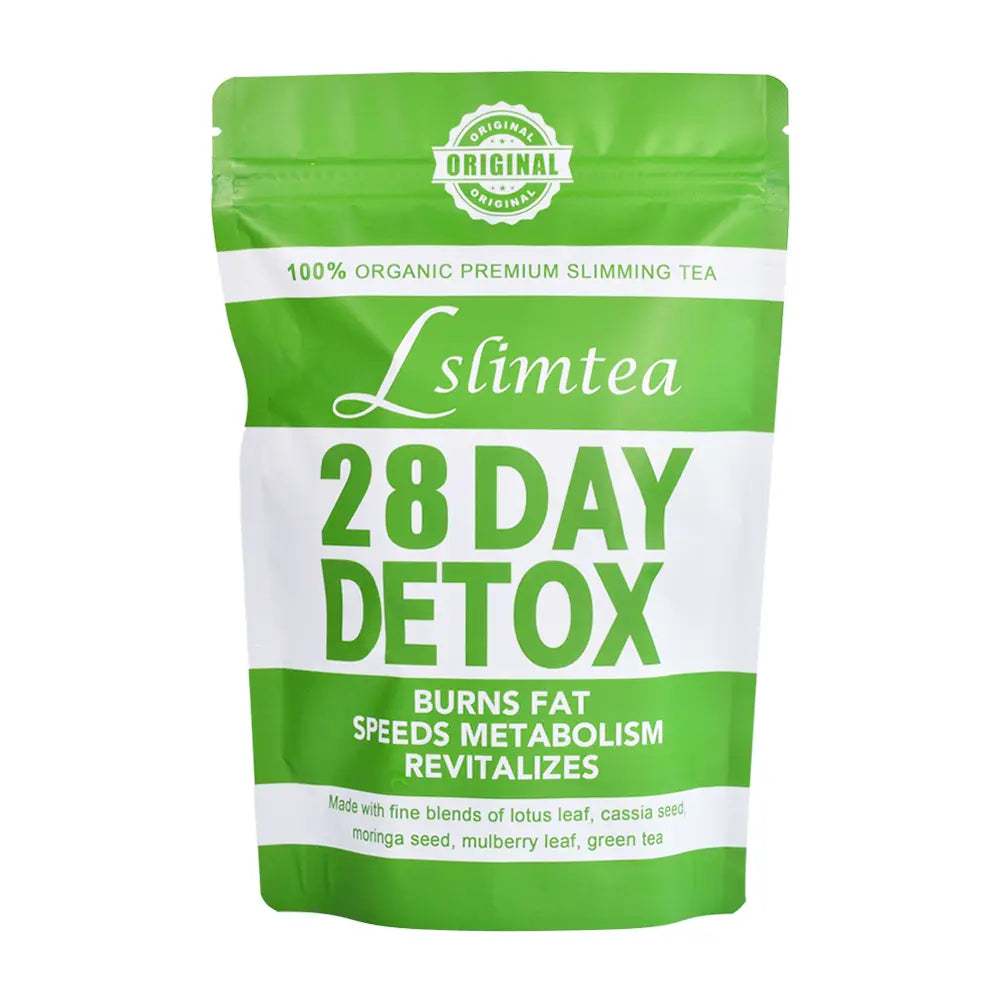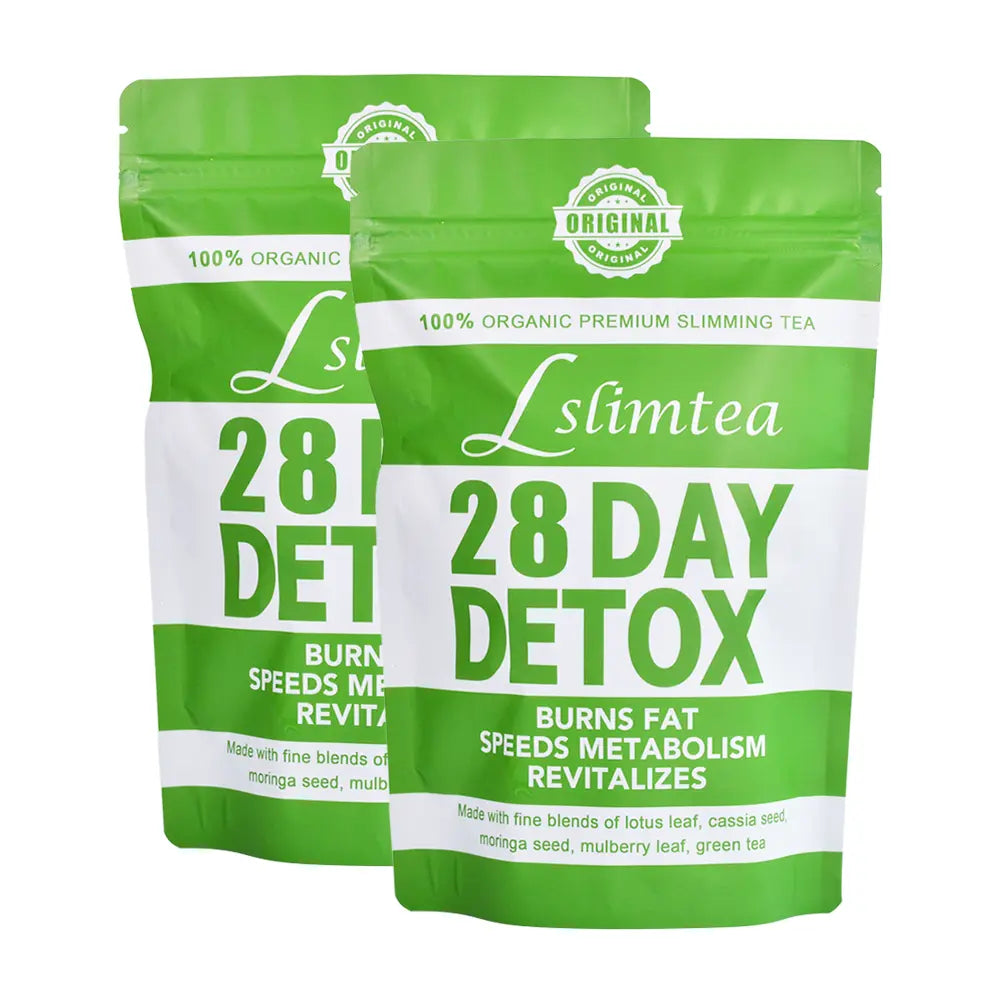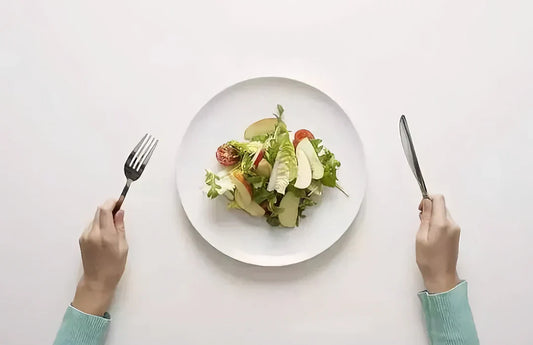The Diet Trap: 3 Reasons Why Extreme Calorie Cutting Backfires
HiherbsOfficial
Share
Catalog:
1. Introduction: The Myth of "Eat Less, Lose More"
Imagine your body is a high-performance car. You wouldn’t pour watered-down fuel into a Ferrari and expect it to race, right? Yet, that’s exactly what extreme calorie restriction does—it forces your metabolism to run on fumes, sputtering until it grinds to a halt. The cultural obsession with "eat less, lose more" is like trying to fix a flat tire by slashing the other three. Sure, the scale might drop temporarily, but the long-term costs—metabolic slowdown, hormonal chaos, and nutrient deficiencies—leave you stranded on the side of the road.
Take Sarah, a 34-year-old nurse who shared her story in a real stories of yo-yo dieting thread: "I ate 1,200 calories a day for six months. Lost 25 pounds, but my hair thinned, my periods vanished, and I was colder than a polar bear’s toenails. When I tried eating ‘normally’ again, I gained 30 pounds in two months. My doctor said my metabolism had basically gone into hibernation."
This isn’t a personal failure; it’s biology. When you chronically under-eat, your body activates "starvation mode," clinging to every calorie like a life raft. The solution isn’t eating less—it’s eating smarter. By nourishing your metabolism with plant-based allies like moringa and green tea, you can stoke your metabolic fire without triggering panic mode.

2. Reason 1: Metabolic Slowdown – Your Body Fights Back
Let’s geek out on science for a sec. Your basal metabolic rate (BMR)—the calories you burn just existing—is like your body’s background energy tax. Crash dieting slashes this tax by up to 23% (per a 2022 Journal of Clinical Endocrinology study). How? Through adaptive thermogenesis—your body’s survival mechanism to conserve energy. Think of it as your metabolism downgrading from a sports car to a moped.
But here’s the kicker: This slowdown isn’t temporary. Even after resuming normal eating, your BMR can stay depressed for years. A 2018 UCLA study tracked contestants from "The Biggest Loser" and found most regained all lost weight—with 60% now having slower metabolisms than before the show.
Enter moringa, the unsung hero of metabolic support. Unlike synthetic stimulants that hijack your adrenal glands, moringa’s bioactive compounds (like quercetin and chlorogenic acid) gently enhance mitochondrial efficiency—the power plants inside your cells. Translation: More energy from the same calories.
User Testimonial: "After years of 800-calorie diets left me with hypothyroidism, I switched to morning moringa smoothies. My energy stabilized, and my doctor finally took me off Synthroid. I’m not ‘fixed,’ but I feel human again." – Jenna, 29
3. Reason 2: Nutrient Deprivation – Skin, Hair & Energy Collapse
Extreme dieting isn’t just a numbers game—it’s a nutrient heist. When you slash calories, you’re not just losing fat; you’re robbing your body of the building blocks it needs to function. Iron, zinc, and B vitamins are often the first casualties, leading to:
l Hair loss: Zinc deficiency weakens hair follicles (ever notice shedding in the shower?)
l Brittle nails: Low iron reduces keratin production
l Chronic fatigue: B12 is essential for energy synthesis
The TikTok trend #StarvingForBeauty glorifies 500-calorie diets, but users like @GlowGoneWrong reveal the dark side: "I looked gaunt but felt ancient. My skin turned gray, and my nails peeled like onion layers."
Here’s where food-like herbs shine. Mulberry leaf isn’t just a blood sugar balancer—it’s packed with vitamin C (enhances iron absorption) and amino acids that rebuild keratin. Cassia seed, used in TCM for millennia, provides magnesium to relax muscle tension (goodbye, stress-induced hair loss).
Pro Tip: Brew mulberry tea with a splash of lemon juice (vitamin C boosts iron uptake) and pair with pumpkin seeds (zinc-rich). It’s like sending your cells a care package.

4. Reason 3: Hormonal Havoc – When Hunger Hormones Rebel
Your hunger hormones (leptin and ghrelin) are like a seesaw. Crash dieting throws a cinder block on the ghrelin side, sending cravings into orbit. Leptin—the hormone that whispers "I’m full"—gets drowned out like a librarian at a rock concert. A 2021 Nature Metabolism study found that just 3 days of severe calorie restriction can increase ghrelin by 40%, turning even Brussels sprouts into objects of obsession.
Reddit user @DietPrisonBreak shared: "After a 30-day juice cleanse, I dreamt about buttered toast. Not even joking—I woke up licking crumbs off my pillow."
But there’s a gentler way. Lotus leaf, a staple in Traditional Chinese Medicine, contains bioactive alkaloids that:
- Suppress ghrelin spikes by 22% (per a 2020 phytotherapy study)
- Enhance leptin sensitivity through liver support
- Improve gut diversity to reduce inflammatory cravings
Pair lotus leaf tea with mindful eating practices:
- 20-minute meals: It takes 20 minutes for leptin signals to reach your brain
- Sensory focus: Describe each bite’s texture/flavor to stay present
5. The Chemical Quick Fix Trap
The weight loss industry preys on desperation, peddling pills laced with laxatives, unregulated stimulants, and even antidepressants. A 2023 FDA crackdown revealed "natural" brands spiking products with sibutramine (a banned amphetamine) or thyroid hormones. Side effects range from jittery anxiety to cardiac arrhythmias—all for results that vanish faster than free office donuts.
But nature’s pharmacy offers safer solutions. Green tea’s EGCG (epigallocatechin gallate) is a metabolic multitasker:
- Boosts fat oxidation by 17% (University of Geneva study)
- Suppresses fat storage genes like FASN
- Protects mitochondria from toxin-induced damage
Detox tea user @CleanEnergyJourney shared: "I used to pop 3 diet pills daily. Switched to green tea with lemon and cinnamon. Not only did I lose the bloat, but my dentist noticed whiter teeth!"
Key contrast:
|
Chemical Pills |
Herbal Detox |
|
Shock the system |
Nourish the system |
|
Short-term results |
Cumulative benefits |
|
Deplete nutrients |
Replenish nutrients |
6. Conclusion: Escape the Cycle with Smarter Solutions
Rebuilding a metabolism damaged by extreme dieting is like rehabilitating a forest after a wildfire—it requires patience, the right tools, and trust in nature’s resilience. Start with these scientifically-timed 14-day protocols:
- Morning: Moringa + green tea to jumpstart fat oxidation
- Afternoon: Mulberry + lemon to stabilize blood sugar
- Evening: Lotus leaf + chamomile to calm cortisol
Track progress through non-scale wins:
- Resting heart rate (lower = reduced metabolic stress)
- Nail strength (improved keratin = better nutrient status)
- Sleep quality (deeper sleep = hormonal rebalancing)
As user @MetabolicPhoenix put it: "I spent years fighting my body. Now we’re teammates. The scale hasn’t moved much, but my energy, skin, and sanity are thriving."
Disclaimer: Individual results may vary. Consult a healthcare provider for persistent symptoms. This content is educational, not medical advice.










